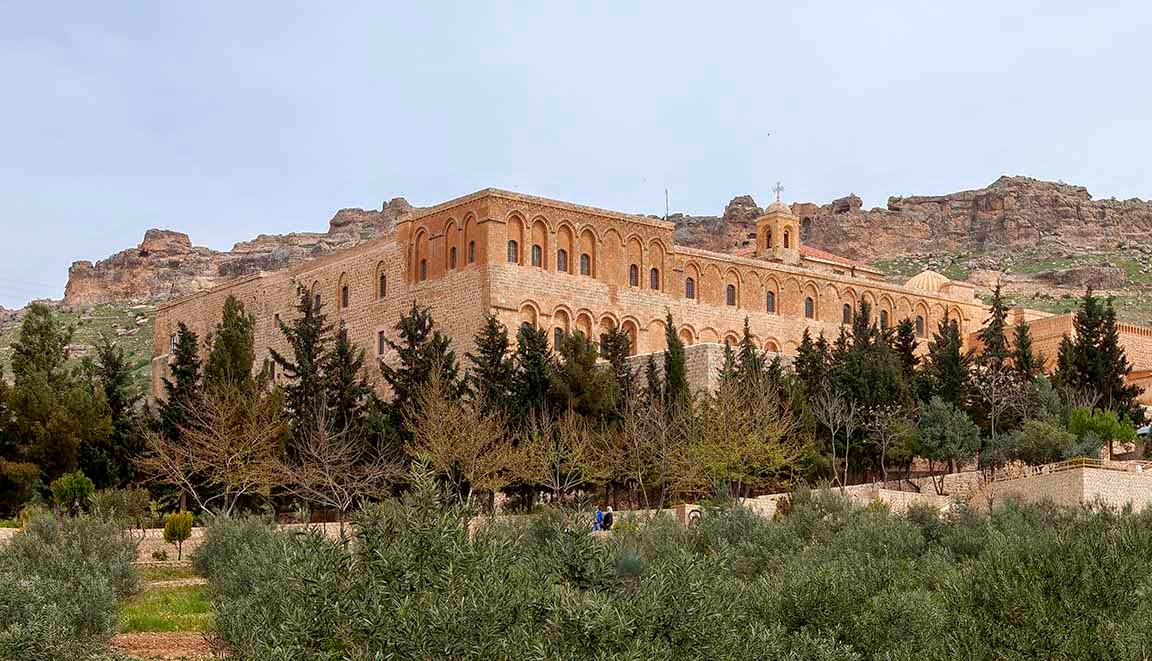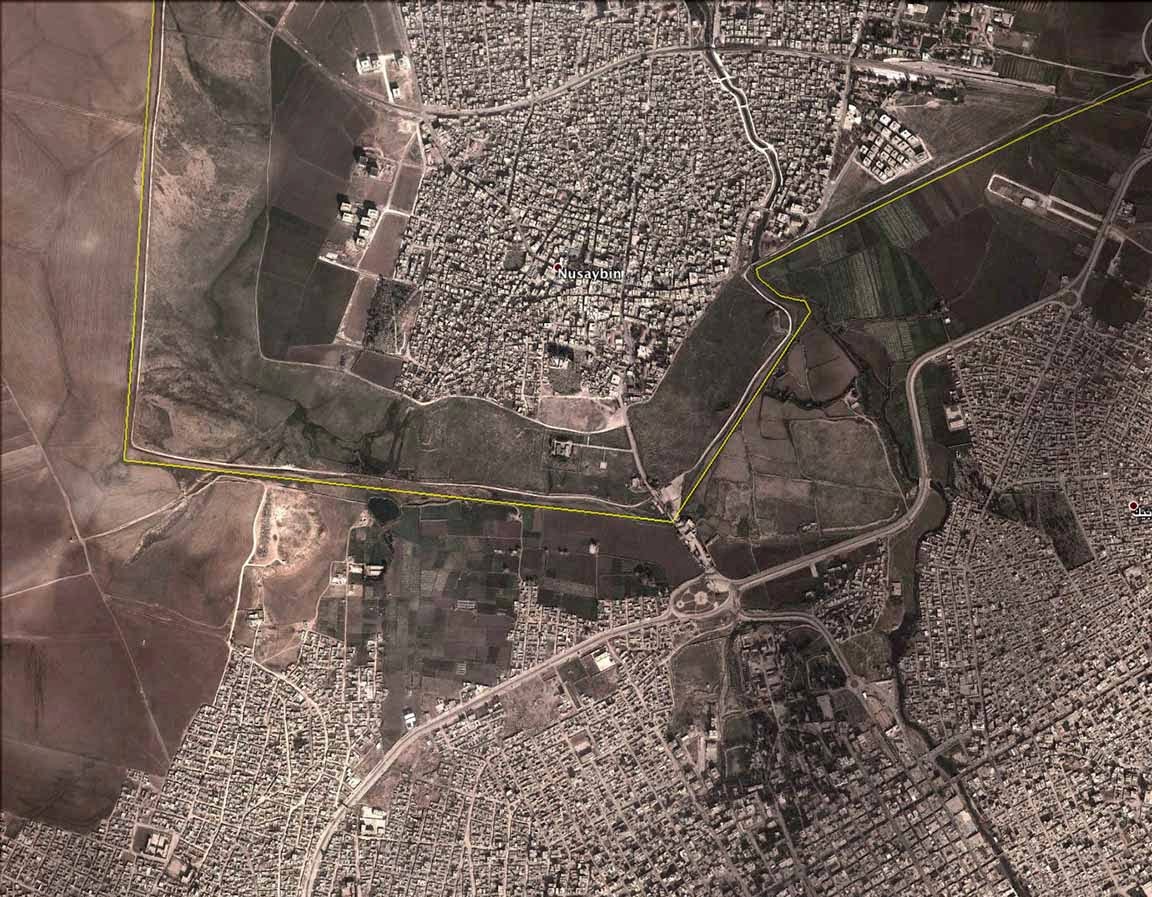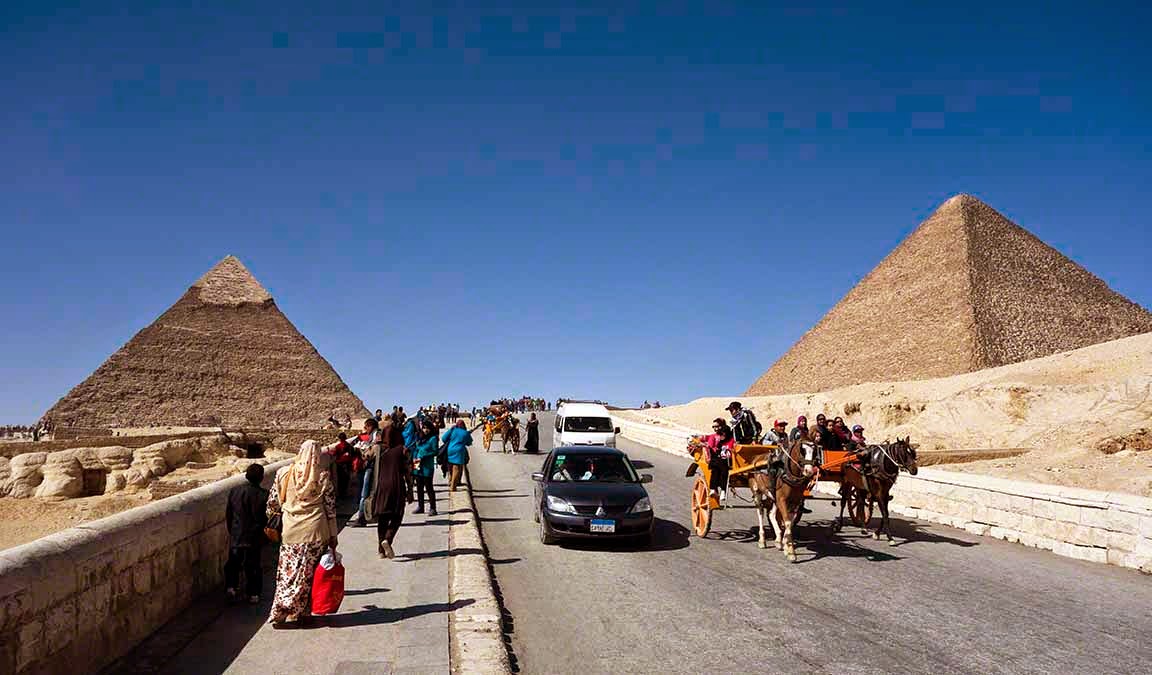Uzbekistan | Chingis Khan Rides West | Otrar to Bukhara
While the Siege of Otrār was in progress Chingis Khan and his youngest son Tolui led the main Mongol army southwest to Bukhara. With them were Turkish auxiliaries who by then had sided with Chingis. “These fearless Turks,” according to the Persian historian Juvaini, “knew not clean from unclean [i.e., were not Muslims], and considered the bowl of war to be a basin of rich soup, and a held a mouthful of sword to be a beaker of wine.” No mention is made in any of the sources about crossing the Syr Darya, usually a intimidating operation, which leads the Russian Orientalist Barthold to opine that the river was frozen over by the time the Mongol army reached it and that they crossed over on the ice. This could have occurred no earlier than late November or early December. The first major town the Mongols encountered south of the Syr Darya was Zarnuq. “When the king of planets raised his banner on the eastern horizon [at sunrise, to the more prosaic-minded],” Chingis and his army appeared before the city walls, according to Juvaini. The inhabitants retired into the Citadel, closed the gates, and at first were determined to resist the Mongol attack. A man named Danishmand (danishman means “consultant”), either a commander of one of the Turkish auxiliary units or a Khorezmian trader who had attached himself Chingis’s army, was sent into the city to talk some sense into the local panjandrums. After they threatened him with bodily harm, he shouted at them:
I am . . . a Moslem and a son of a Moslem. Seeking God’s pleasure I am come on an embassy to you, at the inflexible command of Chingiz-Khan, to draw you out of the whirlpool of of destruction and the trough of blood . . . If you are incited to resist in any way, in an hour’s time your citadel will be level ground and the plain a sea of blood. But if you listen to advice and exhortation with the ear of intelligence and consideration and become submissive and obedient to his command, your lives and property will remain in the stronghold of security.
After this verbal onslaught the local dignitaries thought it wise to surrender . . . Continued.


